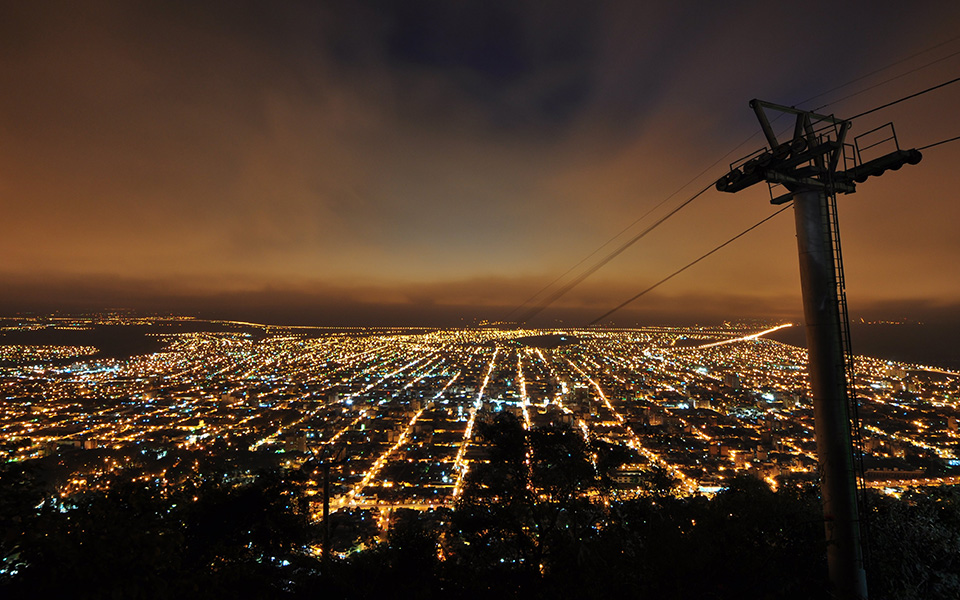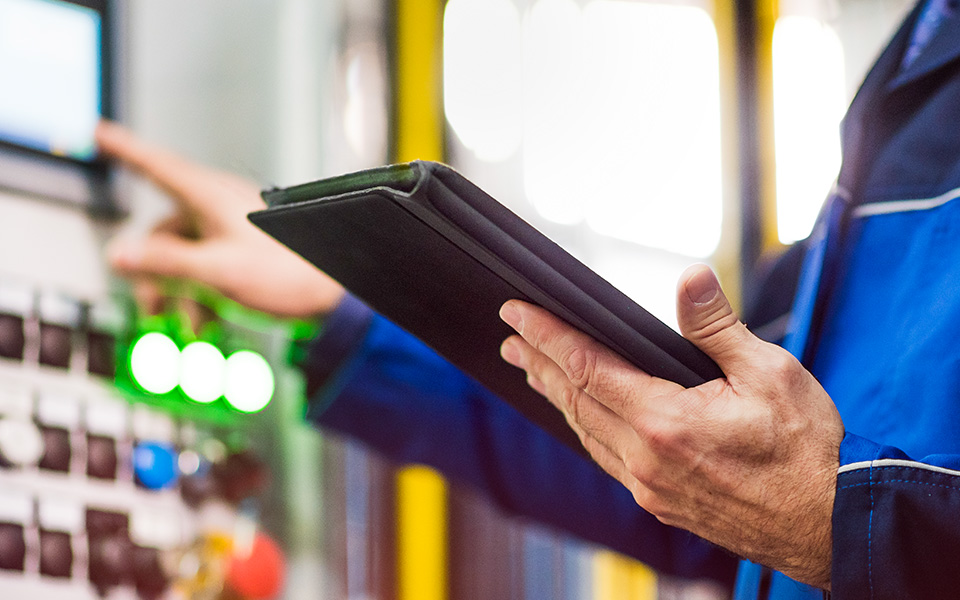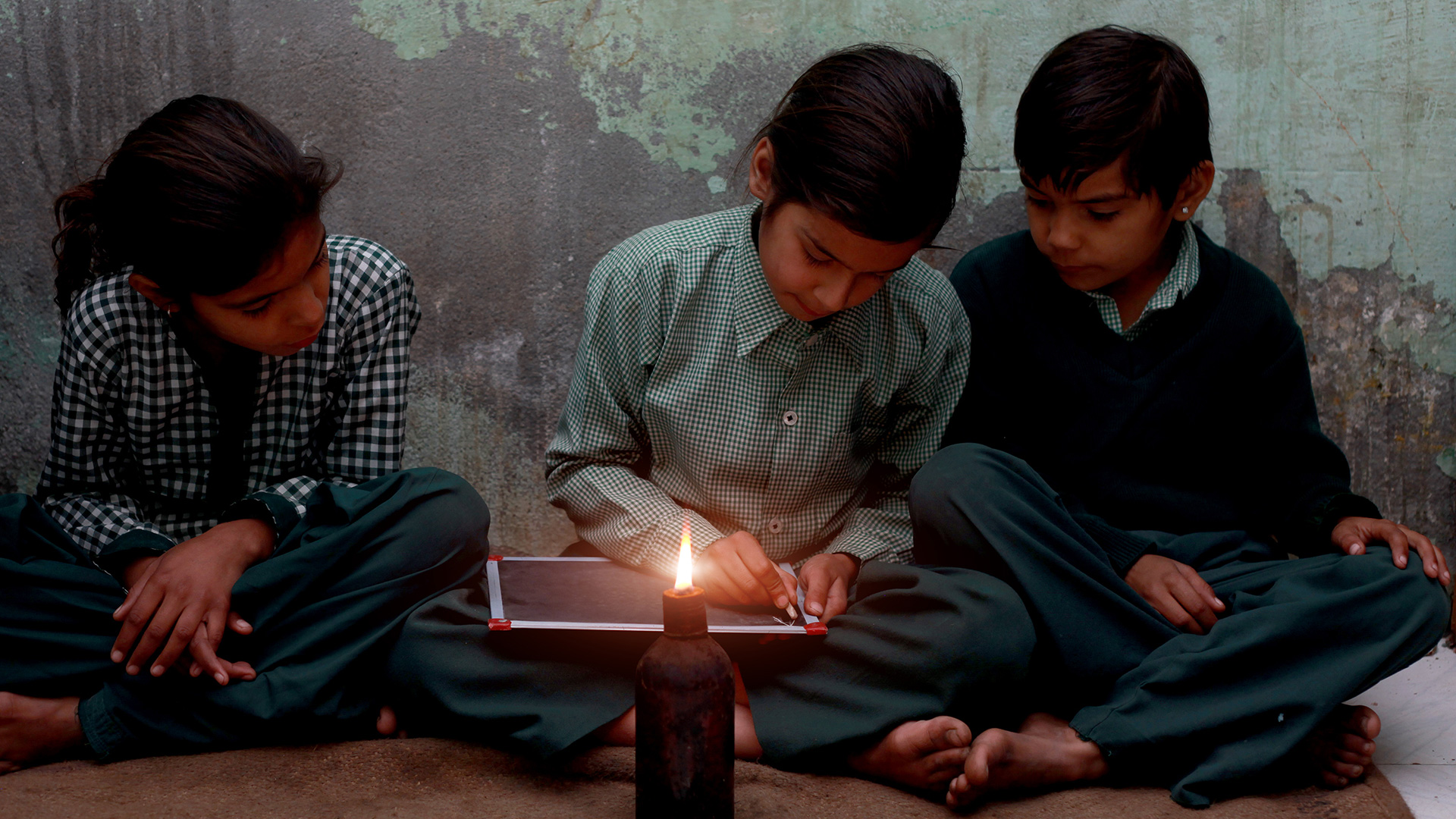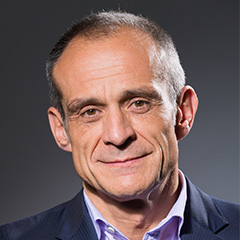We believe climate change can be overcome through innovation and collaboration. But the world must be proactive. We must act now. We must co-create a sustainable future.
Welcome from the CEO
At Schneider Electric, sustainability is part of everything we do — every decision, every innovation, and every initiative. For us, sustainability extends far beyond a vague hope for a cleaner planet. We believe that access to energy is a fundamental right, and therefore a truly relevant vision for sustainability must take into account human rights, ethics, and health and equity concerns.
The challenge of our time
As we once again provide this report on our sustainability efforts, we’re reminded of the urgency of the climate crisis and inspired by those who, together, are rising to meet the challenge head on. Two years ago, the Paris Climate Agreement gave us all a clearer understanding of what’s at stake. Limiting global temperature rise this century to less than 2 °C above pre-industrial levels is essential if we are to avoid widespread, disastrous ecological problems.
The path to a healthier planet
We believe that concrete, meaningful action is the only successful path to address climate change and create a heathier world. That's what this report is about. Each year, our Schneider Sustainability Report shows how we’re taking steps to ensure our own sustainability; how we’re empowering our people; how we’re delivering sustainable innovations to the world; and how we’re supporting the sustainable development of others through outreach and initiatives.
Co-creating a sustainable future
We also believe that sustainability is business — a core pillar for any successful company. This is because, in working for a more sustainable world, we not only ensure a healthier planet for future generations, we also promote innovation and prosperity here and now. Because Life Is On™ when life is powered and digital, we are empowering our partners and customers to accelerate the transition to a sustainable future in buildings, industry, data centers, and the grid. As I have said before, when it comes to the climate, I’m neither an optimist nor a pessimist. I’m an activist. At Schneider, we’ll continue to actively participate in all useful initiatives to increase the low-carbon approach to the world’s economy.
Two global megatrends
Two megatrends — electrification and digitization — are presenting the world with the opportunity to make energy more decarbonized and more decentralized. The question is not if these changes will continue, but if the world will harness these opportunities to create a healthier, sustainable world.

Electrification
By 2040, consumption of electricity will increase by 60%.1

Digitization
30 billion devices will be connected by 2020.2
The energy equation
Energy consumption and CO2 emissions will continue to increase over the coming decades. The solution is efficiency. We must leverage technological innovation to use less energy, and to use the energy that we do consume more intelligently.
1.5x
By 2050, energy consumption will grow by 50 percent.
÷2
By 2050, CO2 emissions worldwide must be cut in half.
3x
By 2050, the world must become three times more efficient.
References
- 1. Forecast for 2050 compared to 2009 levels
- 2. Intergovernmental Panel on Climate Change (IPCC); IEA 2014 – 2015, Schneider Internal Analysis
The energy paradox
The energy equation exists alongside a surprising reality, what we call the energy paradox: We believe access to energy is a basic human right, yet we all must be mindful of the effects of energy consumption on the environment. The world must find a way to bring energy-poor populations access to energy while simultaneously fighting climate change. Here, again, initiative and proactive innovation is the answer.
By 2050, energy consumption will increase by 50%.3 But 1.1 billion people currently lack access to electricity.4

References
- 1 IEA, World Energy Outlook 2016
- 2 IHS, March 2016
- 3 Increase of global energy consumption 2014 – 2040 in New Policy Scenario extrapolated to 2050. IEA, World Energy Outlook 2016
- 4 International Energy Agency, Energy Access Outlook 2017
